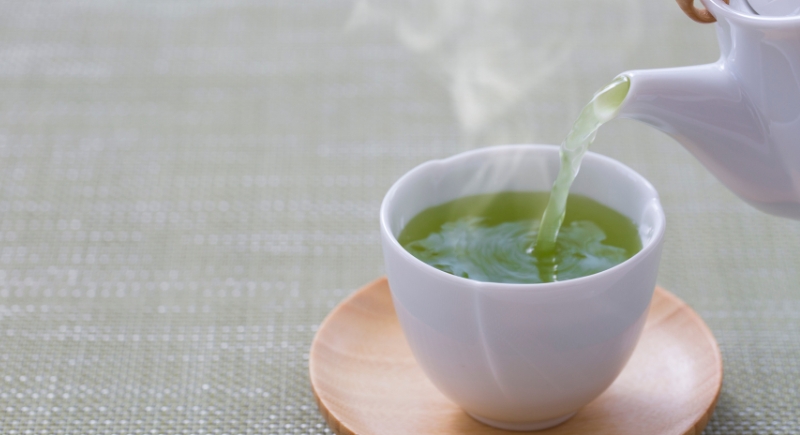Why Sipping Green Tea May Support Testosterone Over Time
In the U.S., green tea hasn’t traditionally been part of daily life. People are more familiar with sweet tea in the South, iced tea in diners, or a simple black tea bag for a hot cup. Green tea, by contrast, has its roots in Asian traditions and only became popular in America more recently, as health trends began highlighting antioxidants and “detox” drinks.
And it appears it is here to stay. Studies are pointing to a connection between regular green tea drinking and higher testosterone levels over time. For anyone interested in strength, energy, or long-term health, that makes this beverage much more intriguing than just another wellness fad.
A Surprising Hormonal Twist

Image via Getty Images/George Rudy
When people talk about testosterone, they usually think of gym gains, competitive sports, or medical treatments. It isn’t something most would connect to a teapot. But recent research has done just that. In early 2025, a large study in China looked at middle-aged and older men who had been daily tea drinkers for more than 20 years.
The findings were unexpected. Those men had lower body mass index, lower inflammation, better sleep, and significantly higher testosterone compared to men who rarely touched the stuff.
The connection comes down to how green tea interacts with the body over the long haul. Its key compounds affect inflammation, metabolism, and sleep quality. Since sleep, weight, and inflammation all influence hormone production, it makes sense that consistent green tea drinking might nudge testosterone upward in a steady way.
Green Tea’s Complicated Relationship With Testosterone
Not every study tells the same story, though. Lab experiments have shown catechins sometimes suppress testosterone in cells. However, other experiments in animals found levels rising hours after catechins (green tea’s key compound) were introduced. It turns out timing matters. A quick chemical hit in a test tube isn’t the same as years of sipping brewed leaves at breakfast.
This time-dependent effect is why scientists think green tea works more like a lifestyle habit than a supplement. You don’t see overnight changes, but over the years, it shapes sleep cycles, inflammation markers, and hormone balance. That may explain why the older men in the study not only had more testosterone but also reported fewer depressive symptoms and showed healthier brain scans.
Interestingly, testosterone and green tea crossed paths in another setting years earlier—sports doping. Back in 2012, researchers at Kingston University found that drinking strong green tea might make it harder to detect athletes who were illegally boosting testosterone. Second, it suggested tea itself could help keep more natural testosterone circulating in the blood by slowing its breakdown.
The World Anti-Doping Agency took note, though they downplayed how much effect green tea alone would have compared to heavy doping. Still, the research hinted at the possibility that your everyday cup of tea could shift hormone balance by keeping testosterone from exiting as quickly.
A Wider Health Picture

Image via Getty Images/kazoka30
Testosterone is only one part of the puzzle. The same 2025 study showed that long-term tea drinkers seemed to have better buffers against risks of fatigue, mood disorders, and even brain aging. Brain scans confirmed that the tea drinkers preserved more gray matter in regions linked to memory and processing. This fits with earlier research showing green tea supports healthy aging.
In the U.S., this beverage is still more of a wellness trend than a cultural staple. People reach for it when they’re “being healthy” or when a menu swaps out soda for a bottled tea option. That means it hasn’t fully integrated into daily life the way coffee or sweet tea has. But if the science keeps stacking up, that could change.